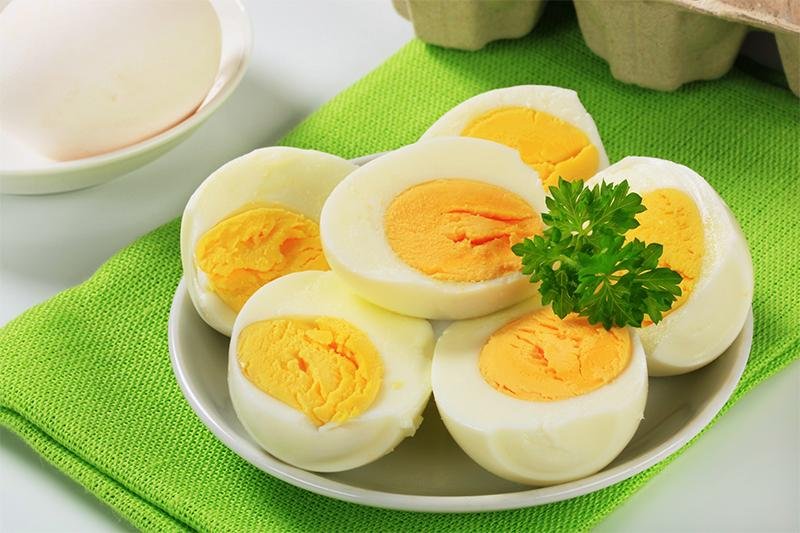Egg is an essential ingredient in most diets in the world and, although it has always been recommended to limit its consumption, they are a source of proteins, vitamins, minerals and healthy fats. However, mistakes when choosing them, keeping them and cooking them can negatively or positively affect health. Therefore, it is important to know the healthy ways of doing this process with such a versatile food.
The most important thing to take advantage of the benefits of egg consumption is to combine it with a balanced diet and healthy habits that reduce the risk of disease. Here are some of the most common mistakes that are made:
Don’t Buy Fresh Eggs
For health reasons, the most important thing before buying eggs is to choose fresh, high-quality eggs. To ensure this, we should look at the use-by date printed on the product’s packaging. This is calculated 28 days from the date of laying; the shorter the date from that date to the day we consume it, the fresher the egg will be. Thus, the Interprofessional Organization for Eggs and Egg Products, Inprovo, explains that, in general, eggs reach the consumer very fresh in Spain because the marketing chain is very short.
Another aspect to take into account is the printed number on the shell; this does not have such a direct effect at the nutritional level, but it provides important information on the conditions under which hens have been raised. The number 3 is synonymous with hens raised in a cage, the 2 indicates floor-raised hens, 1 indicates free-range hens, and 0 0 indicates organically produced eggs.
Not to be clear about the difference between the different sizes
Whether one egg is bigger than another depends on the age of the hen. The older the egg, the larger the egg, and the more fragile and thinner its shell, so it is less protected from external factors. Smaller eggs have a higher protein concentration, which translates into more protein and a more intense flavor.
Incorrect Storage
The Egg Studies Institute points out that eggs are very sensitive to sudden temperature changes, and therefore, in supermarkets, they are not refrigerated to keep them at a constant temperature until they reach your home and once there, keep them in the refrigerator. This is also useful for preventing salmonellosis because bacteria multiply more slowly at refrigerated temperatures.
Wash them ahead of time
They can wash, but you have to know when. The shell is permeable and, as they say from the Egg Institute, the dirt that may be on the outside of the shell dissolves with the water and can access the interior through the pores and pollute it. If you want to wash, it is advisable to do so with a dry cloth or wait just before cooking.
Not setting them enough
According to the Egg Institute, the proteins of egg whites are of the best quality of all foods, but we have to cook them well to digest them and make use of them. In this way, if the white is undercooked, only half of the proteins are absorbed.

To think that the egg produces cholesterol
Many still believe that egg consumption increases cholesterol levels. While it is true that it is a food with high levels of cholesterol, it does not reach the blood, but you do have to be careful about the way they are cooked.
In addition, there is also a wide-ranging debate on the weekly amount that can be ingested. Harvard School of Public Health recommends eating one egg a day for healthy people, but limits intake to 3 yolks a week for those at cardiovascular risk or with diabetes.
There are multiple benefits that the egg brings to the body, it has proteins, vitamins, minerals, antioxidants and a low calorie content, which makes it an ideal food to include it in any diet.
- The Top 5 Healthiest Energy Drinks to Fuel Your Day
- These are the best exercises to prevent blood clots in the leg
- These are the foods that will help you reduce gas
